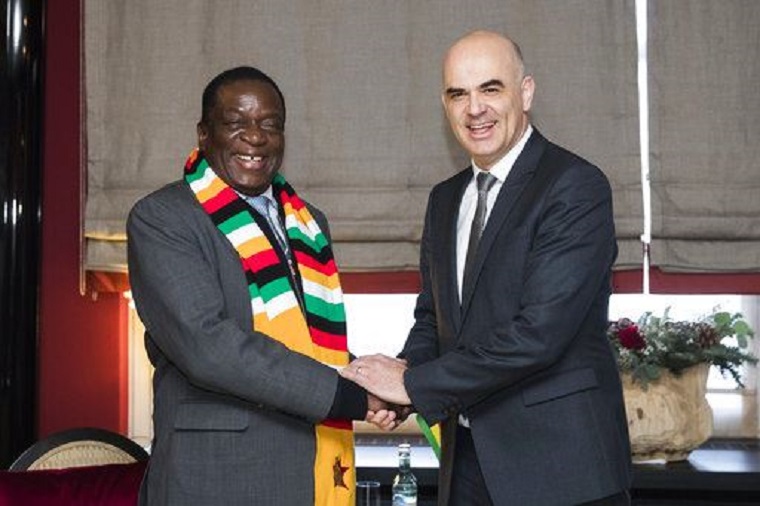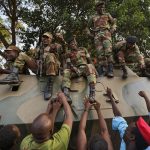Mnangagwa is certainly outspending his rivals, allocating huge sums to transport his candidates and cadres around rural areas – his ZANU-PF party’s traditional heartlands – and spending heavily on advertising in the cities. Where did this money come from? Chamisa has accused Mnangagwa of receiving Chinese funding for his campaign, but the truth is probably that state resources were funnelled into party coffers.
If Chamisa makes a late surge, will Mnangagwa and his comrades have enough leeway to get away with a rig? It’s not beyond imagining, nor beyond ZANU-PF’s capacity for contingency planning. But Mnangagwa is ahead in the opinion polls and most foreign diplomats feel he will win, even though Chamisa will push him hard.
What could Chamisa use to mount a late surge? Public opinion, for one thing; the government’s popular anti-corruption drive has seriously stalled, and the ZANU-PF elite’s flair for conspicuous consumption is untamed. Mnangagwa has no real plan, except to promise an influx of Western reinvestment. But then again, Chamisa has no plan either.
The West, in the spirit of “better the devil you know”, would probably prefer a Mnangagwa victory. Chamisa, for all his energy, is an unknown quantity – the various factions among his opposition alliance would have to be represented in his cabinet, and not all its leaders have exhibited much ministerial potential.
There is a huge field of presidential candidates apart from Mnangagwa and Chamisa, but none has secured much support. But their number, at least, does indicate that Zimbabwe’s political space is liberalising. The question is whether the election will continue that process – or whether a last-minute panic on the part of ZANU-PF will send it into reverse.
By Stephen Chan for The Conversation
(736 VIEWS)


